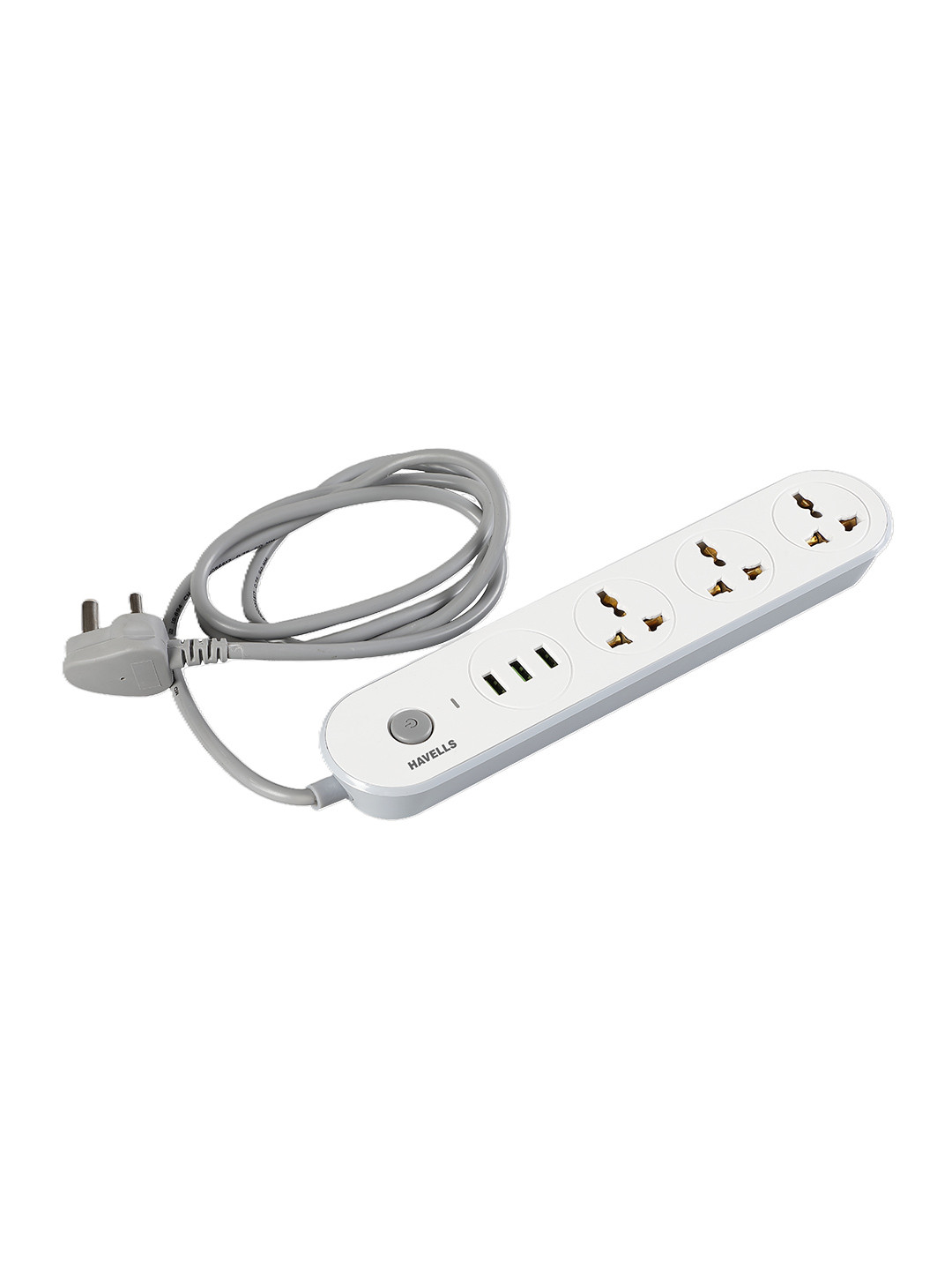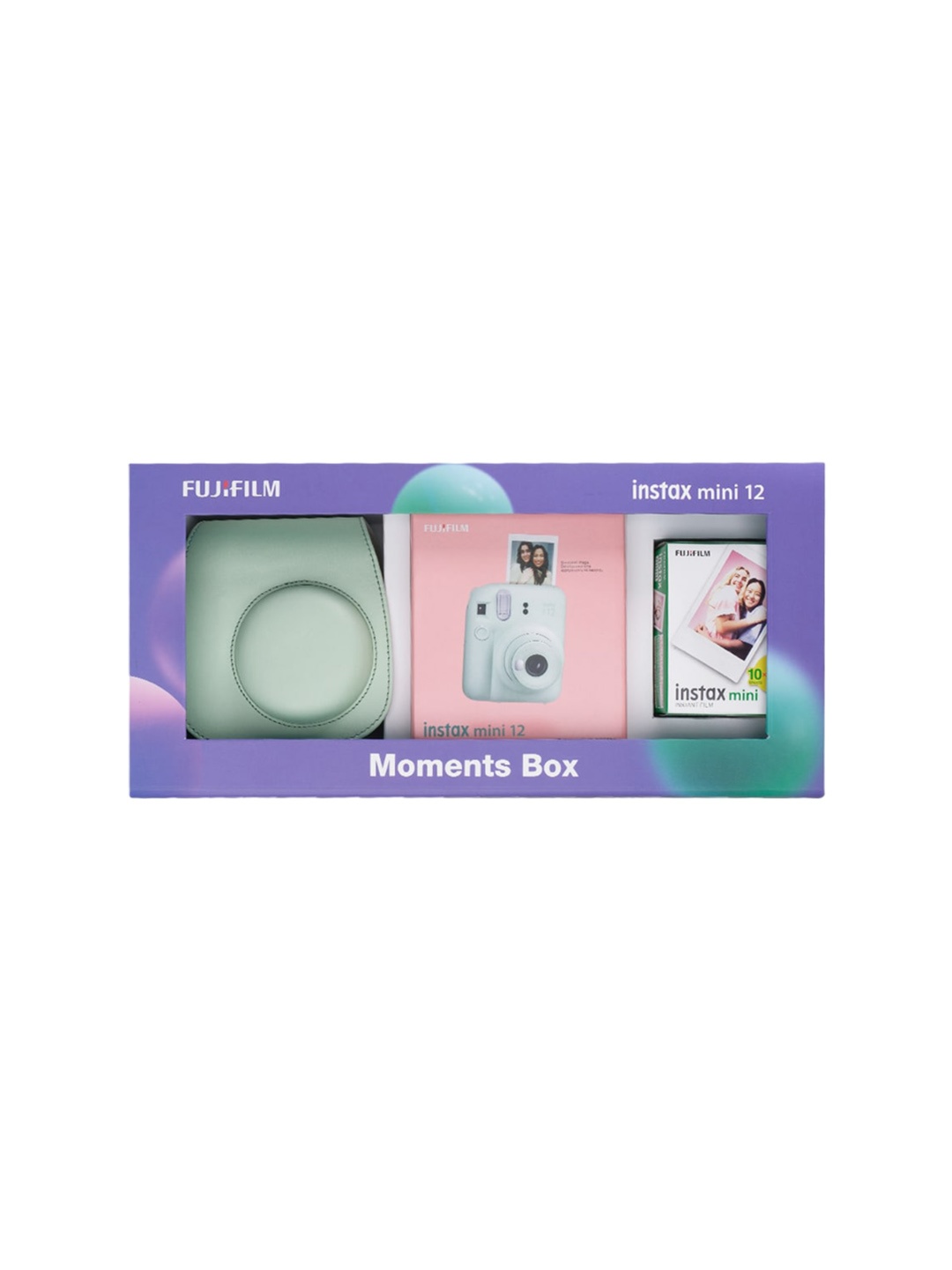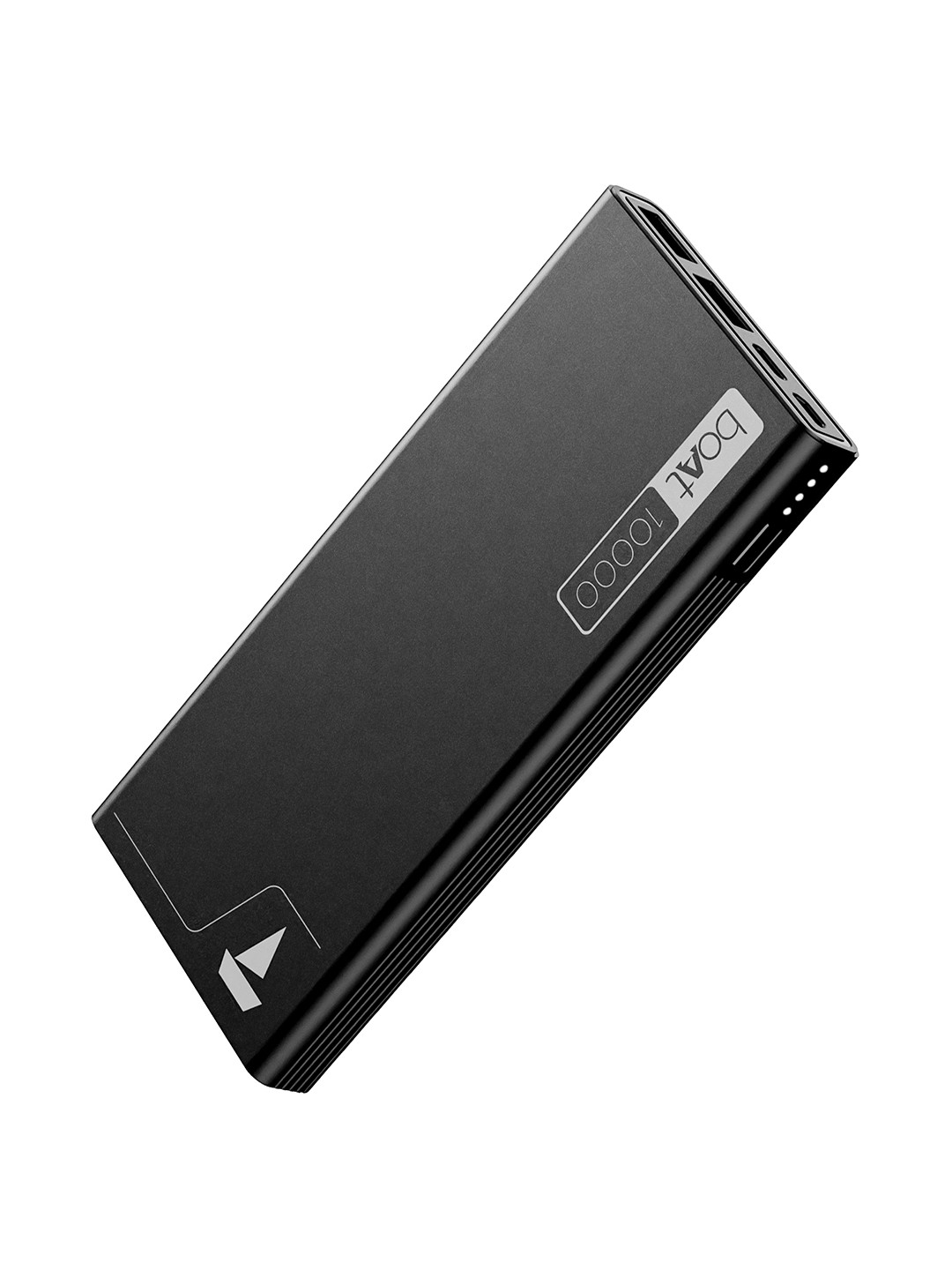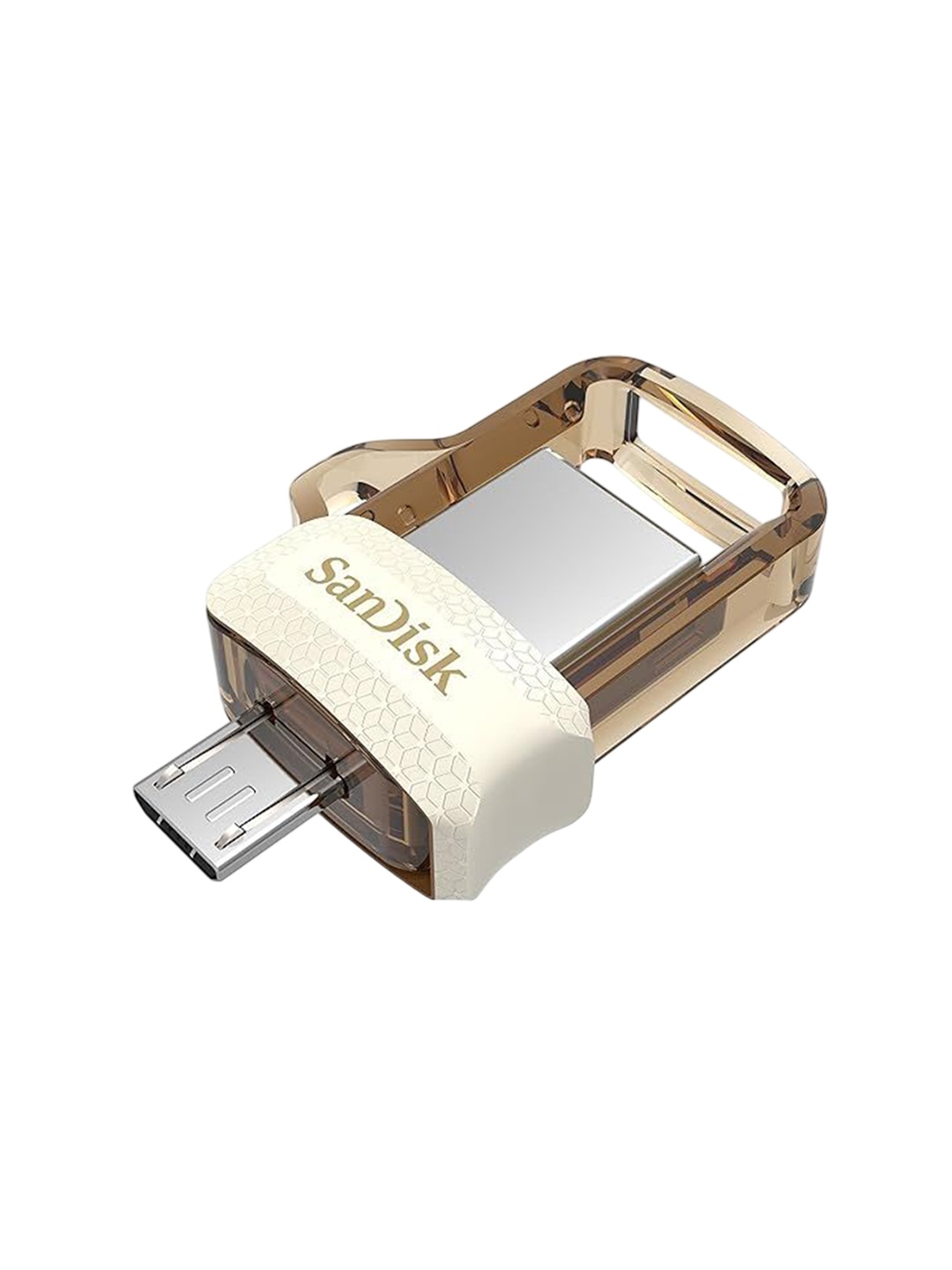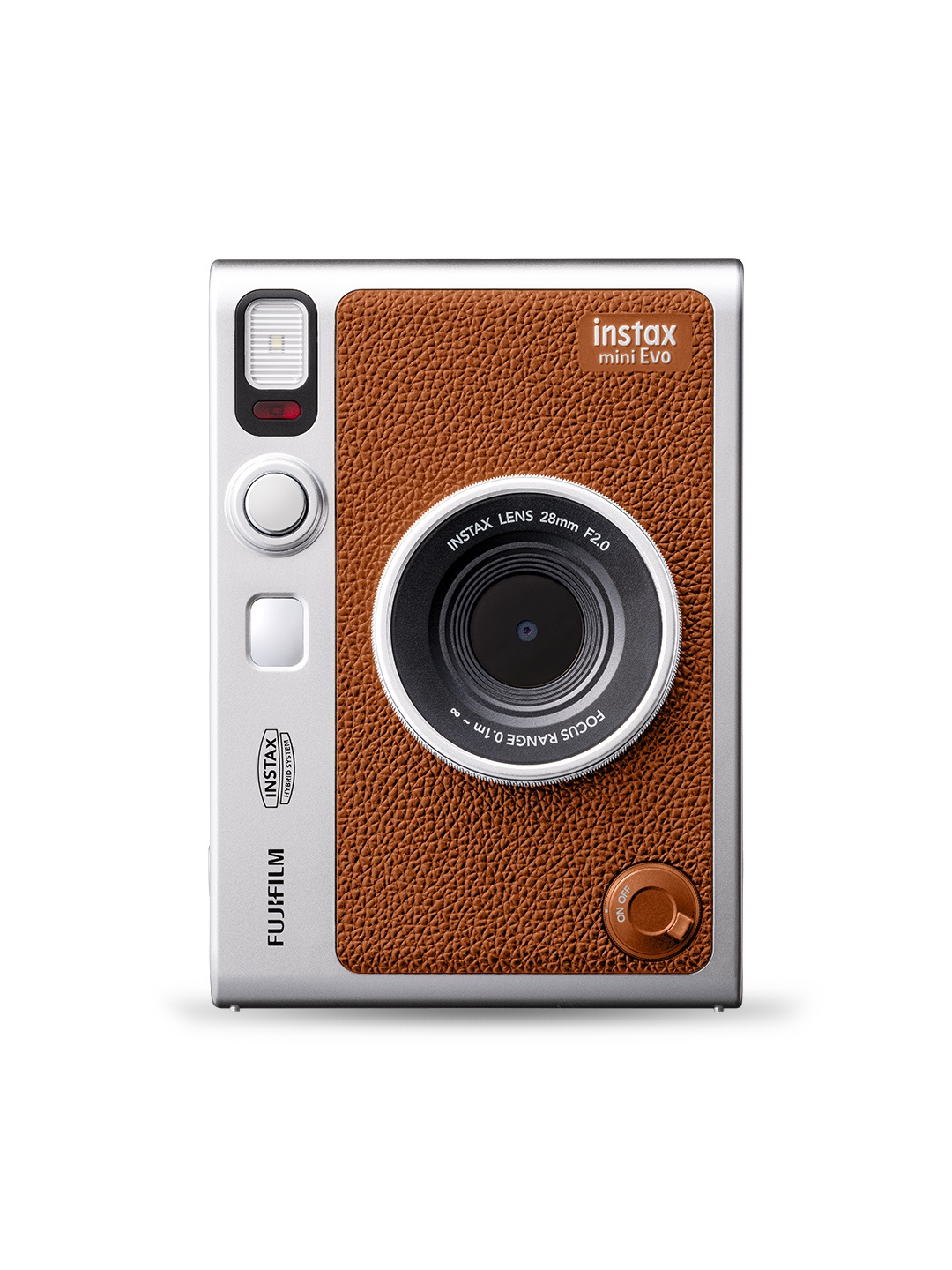Portable SSD vs Hard Drive: The Best Storage Option For Travelling Professionals In 2025
For professionals constantly on the move, choosing between a portable SSD and a traditional hard drive can feel like deciding between speed and savings. Both promise storage freedom, but only one truly keeps pace with modern travel. So, which one truly suits the needs of today's on-the-move professional?

Portable SSDs Vs Hard Drives: Which One Is Better For Travelling Professionals?
Early morning flights, endless train rides, and makeshift workstations in cafés, modern professionals have mastered the art of working from anywhere. In this lifestyle, one thing remains indispensable: reliable data storage. Whether it's safeguarding presentation decks, editing high-resolution videos, or keeping project backups secure, having a trustworthy portable drive is non-negotiable. Yet, when faced with two contenders, Portable Solid-State Drives (SSDs) and Hard Disk Drives (HDDs), the choice can be puzzling.
HDDs have long been the dependable workhorse of data storage, while SSDs have emerged as sleek, lightning-fast successors. Both have their charm, both come with their caveats, and both can either make or break a traveller's workflow. So, when it comes to Portable SSD vs Hard Drive, find out which storage option offers speed, durability, and reliability for travelling professionals seeking efficient data access and backup solutions in 2025.
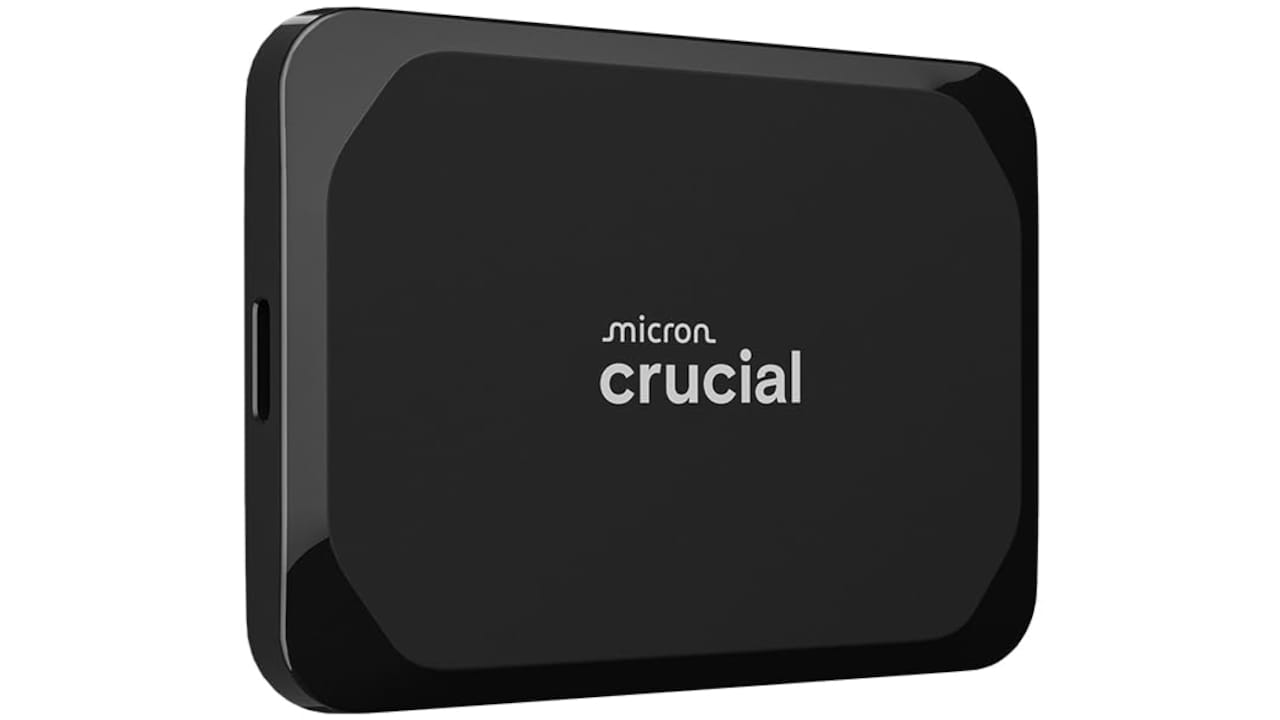
Portable SSDs Vs Hard Drives: What To Pick For Travelling Professionals.
Photo Credit: Amazon
Head-to-Head: 10 Things Travelling Professionals Must Consider
1. The Speed Factor: How Fast Do You Need to Go?
When deadlines follow you across time zones, every second counts. Portable SSDs have become the Usain Bolt of data storage, swift, silent, and astonishingly efficient. They can transfer large video files or heavy design projects in seconds, often boasting speeds of 500 MB/s to 2000 MB/s. In contrast, traditional hard drives amble along at about 100 MB/s.
For a photographer or filmmaker editing on the road, an SSD can shave off hours of waiting. Imagine copying 100GB of RAW footage during a layover, an SSD finishes the task before the boarding call, while a hard drive might still be spinning its plates.
Speed isn't just a convenience; it's peace of mind. Fast transfers mean fewer delays, smoother workflows, and more time to sip that airport cappuccino before the next flight.
2. Durability on the Road: Who Can Take a Hit?
Anyone who's ever heard the heart-stopping click of a dropped hard drive knows the pain of lost data. HDDs, with their fragile spinning disks and moving parts, are not built for adventure. A single bump in a bumpy cab ride can mean disaster.
Portable SSDs, on the other hand, are like the rugged backpacks of the tech world, tough, compact, and built to endure life's jolts. With no moving parts, they resist shocks, vibrations, and even mild drops with ease. Many are even water and dust-resistant.
For professionals hopping between cities or shooting in unpredictable terrains, durability is not optional. The solid build of an SSD ensures files stay safe even when the surroundings don't cooperate. It's reliability that fits in your pocket.
3. Size and Portability: The Freedom to Pack Light
Let's face it, every gram matters when travelling. Portable SSDs are often smaller than a credit card, weighing less than 100 grams, and slip easily into any pocket or pouch. Compare that with a chunky hard drive that often needs extra cables, cases, and sometimes even external power sources.
The difference might sound trivial until you're juggling gadgets in a crowded airport queue or trying to pack light for a two-week assignment. SSDs bring that minimalist charm, a sleek companion that doesn't demand much space yet offers abundant storage.
For those who prefer simplicity and style, an SSD blends into the modern travel kit with quiet sophistication. No more bulky accessories; just plug, play, and move.
4. Price Tag: The Battle Between Speed and Savings
Here's where hard drives fight back. When it comes to cost per gigabyte, HDDs still hold the crown. You can get a 1TB HDD for around ₹3,500–₹4,000, whereas a similar capacity SSD might set you back ₹6,000–₹8,000 or more.
For professionals managing large backups, say, years of client projects or terabytes of video footage, the price gap adds up. HDDs make sense for bulk storage, especially when performance isn't critical.
However, SSD prices have steadily dropped, and the convenience often outweighs the cost. Think of it as an investment in efficiency, like paying a little extra for a faster internet connection. Once you experience that speed, going back feels impossible.
5. Power Efficiency: Saving Juice for the Journey
Travelling often means working with limited access to charging points. Here, SSDs quietly shine again. Their power consumption is significantly lower than HDDs because they lack spinning disks. This not only helps extend laptop battery life but also keeps the device cooler during long use.
Hard drives, on the other hand, consume more energy due to mechanical parts. The constant spinning and reading of disks demand steady power, which can quickly drain a battery during an editing marathon.
In the long run, the efficiency of SSDs ensures smoother performance and less wear on your primary device. It's the tech equivalent of choosing a fuel-efficient car for a cross-country drive.
Also Read: Get Up To 80% Off On Smartwatches, Printers, And More With Amazon Great Indian Festival Early Deals
6. Security and Data Safety: Guarding Precious Work
In the digital era, data is gold. Losing it can mean more than just frustration, it can jeopardise an entire project. SSDs tend to offer superior data security features. Many models come with hardware encryption, password protection, and even biometric access.
Because SSDs are resistant to physical shocks, the risk of data corruption is far lower than with HDDs. Traditional drives can easily fail if dropped or handled roughly, leading to partial or total data loss.
For professionals dealing with sensitive documents, lawyers, consultants, designers, security isn't negotiable. A portable SSD offers both peace of mind and professional confidence.

Portable SSDs Vs Hard Drives: What To Pick For Travelling Professionals; Photo Credit: Amazon
7. Longevity and Reliability: Who Lasts Longer in the Race?
While HDDs can serve faithfully for years, they tend to degrade faster due to mechanical wear and tear. Moving parts eventually fail, it's only a matter of time. SSDs, however, rely on flash memory, which doesn't physically move, translating into longer lifespans and fewer breakdowns.
That said, SSDs do have a limit to the number of write cycles they can handle, but for most users, this is a distant concern. Even with regular usage, an SSD can easily last five to ten years without a hitch.
When reliability is your silent travel partner, SSDs prove to be the more dependable choice, less prone to failure and more likely to safeguard years of hard work.
8. Storage Capacity: How Much Is Enough?
Here's where hard drives still dominate. You can find HDDs offering up to 10TB or more, while portable SSDs usually top out around 4TB (and those come at a premium).
For photographers archiving massive libraries or businesses backing up entire systems, HDDs remain a practical choice. They provide generous capacity at an affordable price point, making them suitable for long-term data storage that doesn't require constant access.
However, for travel-focused professionals, those who value portability and quick file access over massive archives, SSDs hit the sweet spot. A 1TB or 2TB SSD comfortably holds thousands of photos, videos, and documents, all accessible in a blink.
9. Noise and Heat: The Quiet Performer Wins
Hard drives hum, click, and spin. Those familiar sounds can be oddly nostalgic, but in quiet workspaces or shared hotel rooms, they can quickly become intrusive. SSDs, being entirely electronic, operate in complete silence.
Moreover, SSDs generate minimal heat, even during heavy transfers. HDDs, with their mechanical parts, tend to warm up faster and may need active cooling during extended use. Over time, heat can also affect the drive's performance and lifespan.
For those who appreciate calm, distraction-free work environments, the noiseless nature of SSDs makes them a joy to use. They're like the well-behaved travel companion who doesn't snore on overnight flights.
10. The Verdict: What's the Right Choice for You?
Ultimately, the decision depends on your travel style and professional needs. If affordability and massive storage take priority, hard drives still have a place in the suitcase. They're ideal for archiving and backup tasks where speed isn't crucial.
But for those who value speed, durability, and convenience, SSDs win hands down. They're faster, sturdier, lighter, and more efficient, making them perfect for creative professionals, remote workers, and anyone who treats travel as a lifestyle rather than a break.
Think of it as choosing between an old-school Ambassador and a modern electric car. Both will take you places, but one will get you there faster, smoother, and with a little more style.

Portable SSDs Vs Hard Drives: What To Pick For Travelling Professionals
Photo Credit: Amazon
Products Related To This Article
SSD
1. Crucial® X9 1TB Portable SSD
2. Sandisk 1TB Portable SSD, 800MB
3. Samsung SSD 9100 PRO 1TB
4. SP Silicon Power Ace A58 512GB 2.5 Inch SATA III SSD
Hard Disk
1. Western Digital WD 2TB My Passport Portable Hard Disk Drive
2. Western Digital WD 5TB My Passport Portable Hard Disk Drive
3. GAZELLE High-Speed 500GB Ultra Slim Portable External Hard Drive
4. Seagate Expansion 2TB External HDD
In today's fast-paced, mobile world, storage isn't just about space, it's about reliability, speed, and adaptability. Portable SSDs embody the spirit of modern work: agile, compact, and efficient. While hard drives still appeal to those seeking budget-friendly storage, the scales are tipping towards SSDs for professionals who live life on the move.
As technology advances, prices will continue to drop, and capacities will expand. But one thing's clear, the days of the clunky, spinning hard drive as the traveller's companion are numbered.
So, the next time you're packing for a client meeting in Bengaluru or a shoot in Leh, slip that sleek little SSD into your bag. Your data, and your peace of mind, will thank you for it.
Disclaimer: The images used in this article are for illustration purposes only. They may not be an exact representation of the products, categories, and brands listed in this article.













